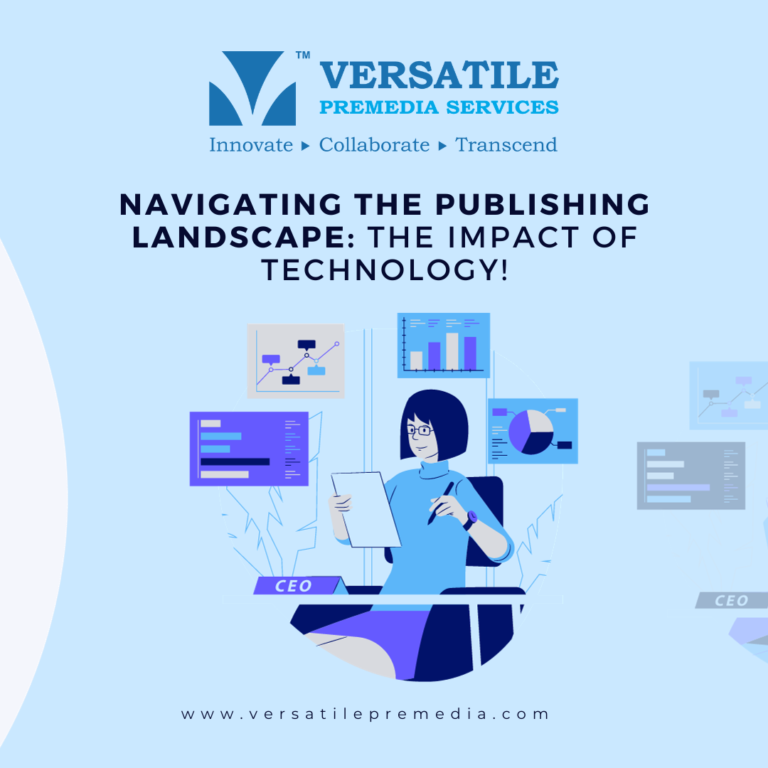‘Will eBooks change how the world read’ was the question on everyone’s mind about two decades ago when technology slowly started making its way into publishing sector. Many wondered if it would cause the end of printed books, some thought it was merely a passing fad.
Years later, it can be safely said that the eBook revolution is here to stay.
Technology and mobility have influenced every step of consumer’s life, including the way they read books. Book readers have started to change their reading habits, opting for different types of formats of books, such as e-books, audio books, interactive books etc. The shift in information consumption habits has a direct impact on the book industry.
Over the last decade, eBooks have transformed from simple text integrated in the electronic format to an immersive and interactive experience. Innovative ways of publishing are taking over the traditional methods of bringing out books. New technologies from AI to e-readers are reshaping our reading, publishing and learning habits entirely.
Statistics on publishing-industry net revenues indicate that though the sales of e-books have declined or plateaued, the demand for audio books have steadily increased. This shows that there is a huge acceptance and interest for audio books among today’s readers. Amazon’s US and worldwide Kindle book sales grew in 2017, and continue to grow in 2018, pointing to the fact that e-readers continue to be on demand across the globe.
Readers are spreading their book consumption across several formats and the use of audiobooks is rising. This has led to a thriving reading subscription industry service for eBooks, audiobooks, and magazines, offering content from the biggest publishers. These services promise unlimited access and the freedom to read anywhere, anytime. Another advantage has been for freelance writers and independent authors who have discovered the delights of self-publishing.
Ebooks are shaping to cater to readers who want to read their books in different formats and in different devices. Publishing companies are leveraging AI and machine learning in order to deliver personalized content to users and increase reader engagement. For readers who don’t want to be tied to a particular platform, there are also tools available now to convert eBooks to different formats.
E-books are today influencing the education and learning spaces. By using eBooks, learners are able to expand the learning opportunities. The function of quick searching, bookmarking, and other advantages like interactivity, portability, flexibility makes them popular among the younger generation. Textbooks comprise of a large part of publishing sector, and in the coming years eBooks will continue their penetration here.
So, what does the future hold for eBooks and the publishing industry?
Ebooks are a convenient and accessible alternative to print books though printed books are also still strong in terms of sales. Most books are today published in both formats, print and digital. Ebooks should be considered a complementary to print rather than as competition. With the advancements in technology happening at a rapid face, the migration of books to the digital sphere is going to continue, with the readers having the choice of opting what kind of books they want to read.
Digital solutions are impacting the ways in which we create, discover, and share books. The nature of books, publishing and reading process are changing thanks to digitally published books and eBooks. As technology makes leaps in advancements, we can look forward to interesting changes in publishing sector that will help build a sustainable future for the eBook. A future with transformational changes in reading and publishing industry is on the horizon.



